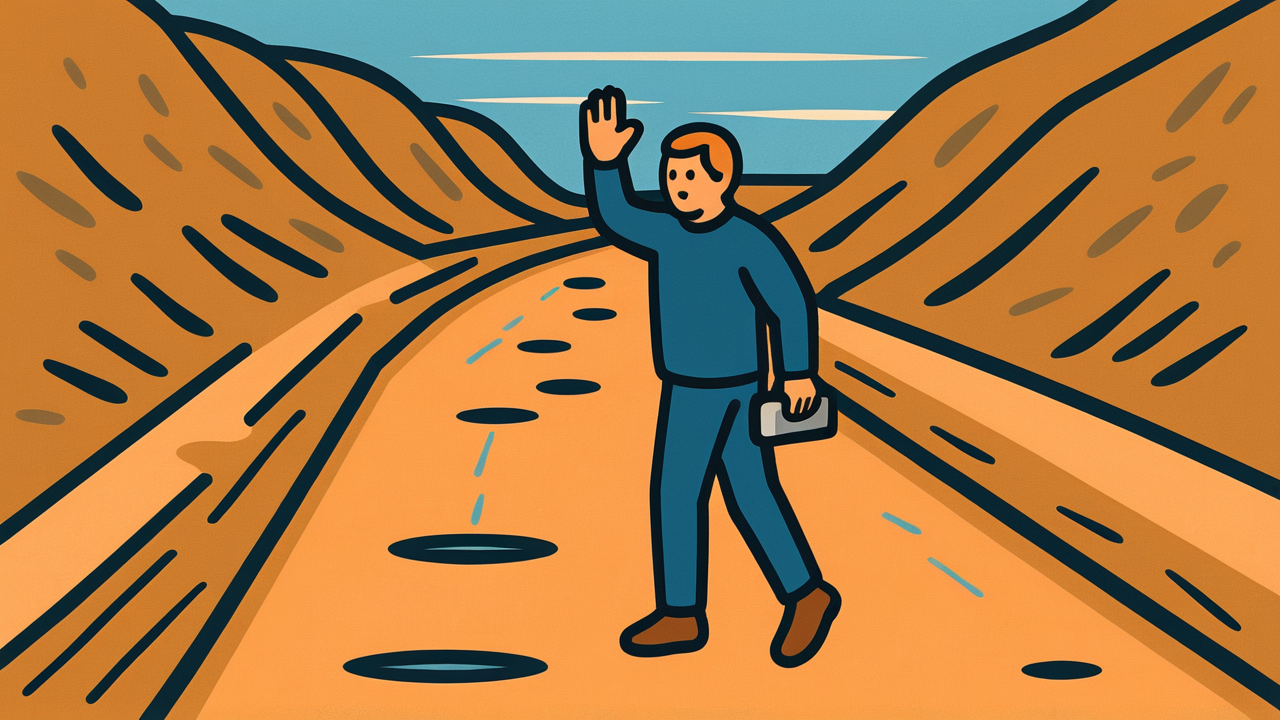How to Read “濡れぬ先こそ露をも厭え”
nurenusaki koso tsuyu womo itoe
Meaning of “濡れぬ先こそ露をも厭え”
This proverb teaches the importance of addressing small signs and seeds of danger before major problems occur.
Even something as trivial as dew can wet clothing if it accumulates. Similarly, in life, if we overlook small problems and warning signs, they may eventually develop into major troubles. This proverb teaches the importance of taking early measures before that happens.
It is used in situations where some risk or signs of problems are visible, to advise against being complacent thinking “it’s still okay” and instead taking action early. It is also used when wanting to emphasize the importance of preventive measures. Even today, this lesson can be applied in various situations such as health management, human relationships, and avoiding work-related troubles.
Origin and Etymology
“Before getting wet, even dew should be disliked” is a proverb found in moral instruction books from the Edo period. Looking at the structure of this proverb, “nurenu saki” means “a state of not yet being wet,” and “itoe” in “tsuyu womo itoe” is an archaic word meaning “to dislike or avoid.”
Dew is one of the most minor forms of moisture in nature, but it still has the potential to wet clothing. This proverb contains the teaching that even such trivial dew should be avoided before getting thoroughly wet.
Considering the lives of common people in the Edo period, getting clothes wet was a more serious problem than it is today. In an era when changes of clothes were limited and drying took time, the importance of “preventing before getting wet” rather than “dealing with it after getting wet” must have been urgent as practical wisdom.
The background to the birth of this proverb lies in Japan’s humid climate and the experiences of ancestors who adapted to it. In Japan, where morning dew is abundant, clothes and footwear often get wet with just a moment’s carelessness. From such everyday experiences, it is thought to have become established as a lesson teaching the importance of prevention.
Usage Examples
- My health checkup results are a bit concerning, but as they say “Before getting wet, even dew should be disliked,” so I should review my lifestyle habits early
- The relationship with that business partner is starting to become strained, so following “Before getting wet, even dew should be disliked,” let’s arrange a discussion while we still can
Modern Interpretation
In modern society, the value of this proverb may actually be increasing. In the information age, small problems can spread instantly and develop into major troubles at dramatically faster speeds. We see many cases where initial response makes all the difference, such as social media controversies, data breaches, and system failures.
Particularly in the business world, the importance of risk management is recognized more than ever. Companies make efforts to prevent major losses by not overlooking small complaints or quality issues and addressing them early. At the individual level, the concept of preventive medicine has become widespread in health management, with emphasis placed on preventing illness through regular checkups and lifestyle improvements.
On the other hand, modern people, due to their busy lives, tend to overlook small warning signs. It is also true that we often postpone things like work stress, subtle changes in relationships, and minor physical symptoms, thinking “it’s still okay.”
Furthermore, in this age of information overload, the ability to discern what truly constitutes “dew” that should be watched is also required. Since being wary of everything would make it impossible to move forward, appropriate risk assessment and prioritization have become necessary.
When AI Hears This
Modern people make decisions based on numbers: “There’s a 30% chance of rain, so I’ll bring an umbrella.” However, the expression “even dew should be avoided” conceals a completely different philosophy of prevention.
Dew is just a tiny amount of moisture compared to rain. Modern risk management would calculate that “dew can be ignored as insignificant.” Yet this proverb teaches that even such minute dew should be “avoided.” This reveals the distinctive nature of Edo period preventive thinking.
The word “avoid” is crucial here. This doesn’t represent rational judgment, but rather the natural feeling of “I don’t like this” that the body experiences. In other words, people of the Edo period valued the subtle sense of unease felt through the skin before making mental calculations.
For example, a craftsman feels “something seems off with my tools” and performs maintenance. It’s a bodily sensation taught by years of experience that can’t be measured numerically. Even in conditions that modern people might judge as “still usable,” they would sensitively detect slight changes and take action.
This difference is decisive. Modern risk avoidance is “rational choice to minimize loss,” but Edo period prevention was “aesthetic sensibility to maintain harmony with nature.” Here lies a delicate and poetic philosophy of prevention that views even a single drop of dew as something that disturbs beautiful harmony.
Lessons for Today
What this proverb teaches us today is the value of “sensitivity to cherish small signs.” In our busy daily lives, we tend to focus only on the big problems right in front of us, but what’s truly important might be noticing the small changes that precede them.
Subtle changes in physical condition, small friction in relationships with family and friends, minor discomfort at work. By not overlooking such “dew”-like small signs and taking early action, many troubles should be preventable.
In modern society, “preventive thinking” that prevents problems is becoming increasingly important compared to “reactive response” that deals with problems after they occur. This proverb can be said to be a very contemporary teaching that expresses such a preventive mindset with characteristically Japanese delicate sensitivity.
What’s important is not becoming overly nervous, but developing the habit of paying attention to small changes around us on a daily basis. Such mindfulness should ultimately lead to great peace of mind and happiness.



Comments